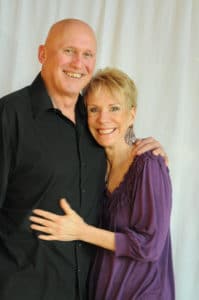Maybe you’ve noticed. So much of what the world tells you it takes to achieve success is wrong! Dead wrong!
Conventional wisdom’s recipe for getting ahead is:
- Work hard—really hard
- Put in long hours
- Take on extra assignments
Yet, according to an article in the Wall Street Journal (1/14/18) reporting a 5-year study of 5000 workers, those very behaviors are the ticket to mediocrity.
A professor of management at UC Berkeley conducted the study of people in a wide range of industries to find out what differentiated outstanding performers from those who were, at best, “middling.”
“Top performers mastered selectivity,” wrote Morten Hansen, who led the study. “Rather than simply piling on more hours, tasks, or assignments, they cut back.”
Call it the Rule of the Fewest. To achieve the most success, aim for the fewest meetings, the fewest goals, the fewest projects while focusing intensely (or as Hansen calls it “obsessing”) on what’s truly essential.
Professor Hansen gave an example from his own life. A CEO of a large foreign company asked him to present a proposal for executive education…using only one slide.
He struggled mightily to condense his 15 slides into one. “I obsessed to get it just right,” he wrote. “When you present one slide, it needs to be excellent.”
The outcome? Fewer slides gave him lots more time.
“The CEO & I were able to spend our 45 minutes discussing the program in greater depth,” he recalled. “When we finished, he remarked on how productive the meeting had been.”
That’s not to say the highest performers don’t work hard. But that is definitely not why they outperform.
“They outperform,” explains Hansen, “because they have courage to cut back and simplify when others pile on, to say ‘no’ when others say yes…to change how they do their jobs when others stick with the status quo.”
For someone (me) who’s taking a partial sabbatical, focusing only on coaching and writing, reading this study felt like God Herself was giving me a high five!
Have you had success in cutting back? Or is it still a scary thought?












